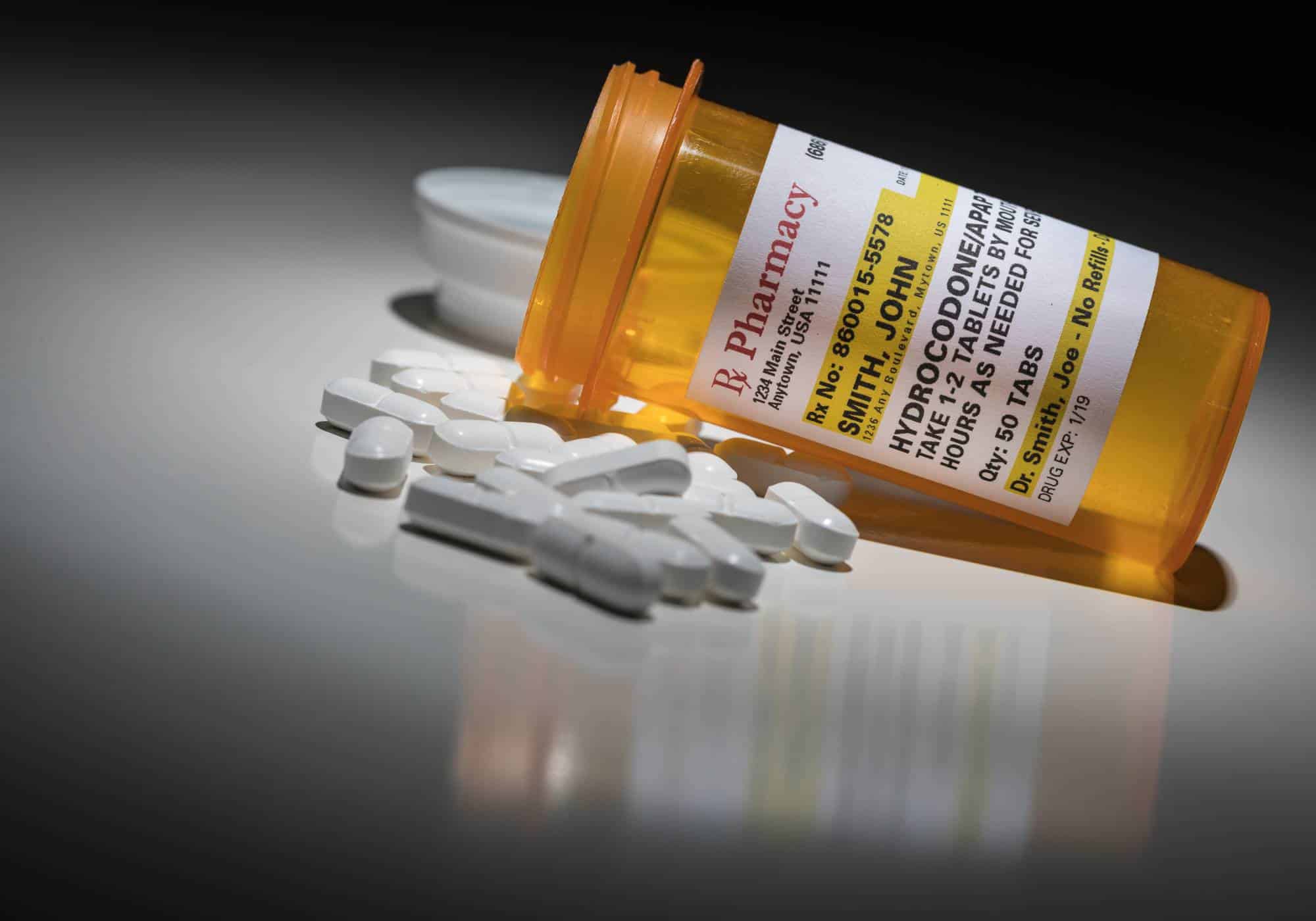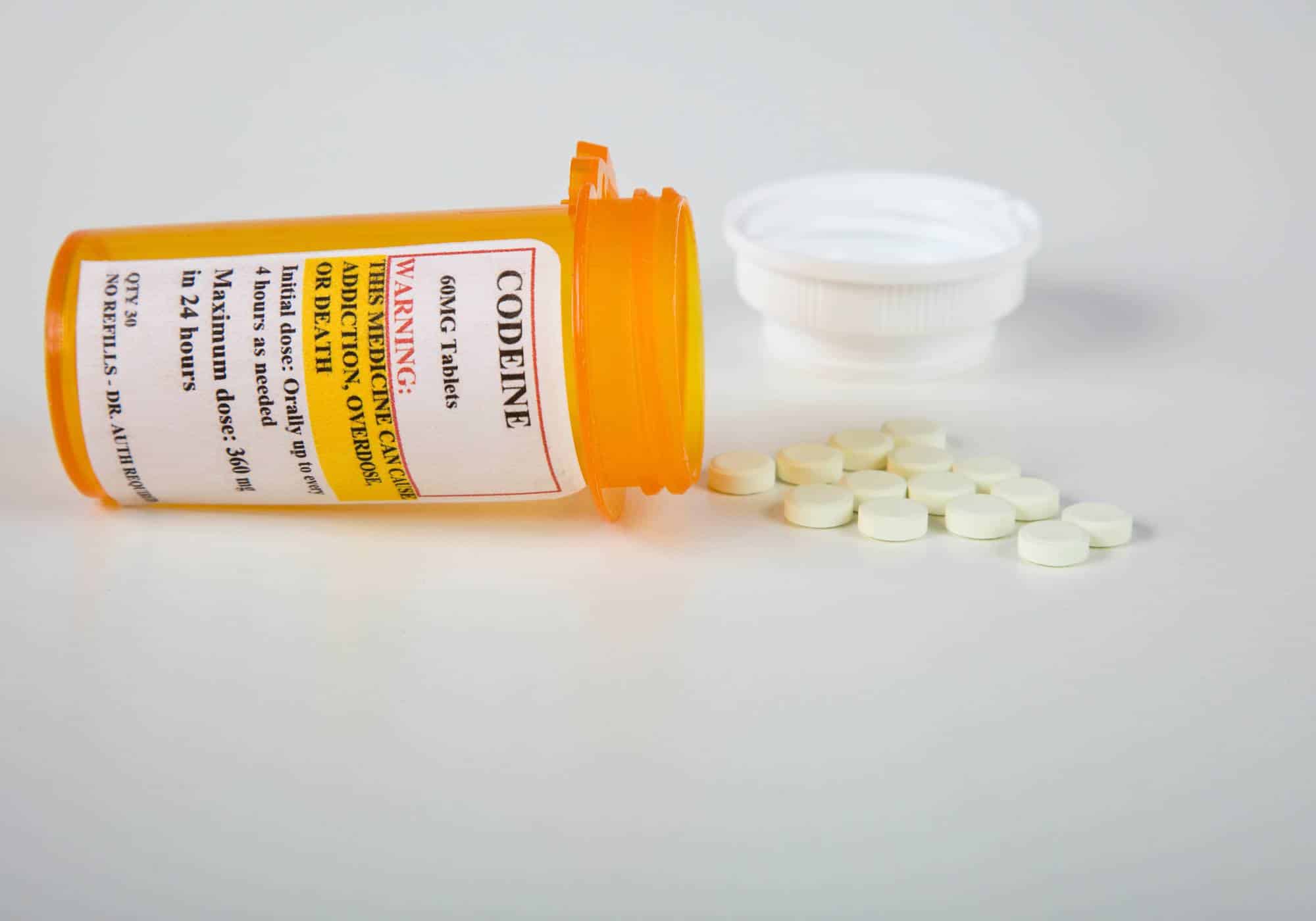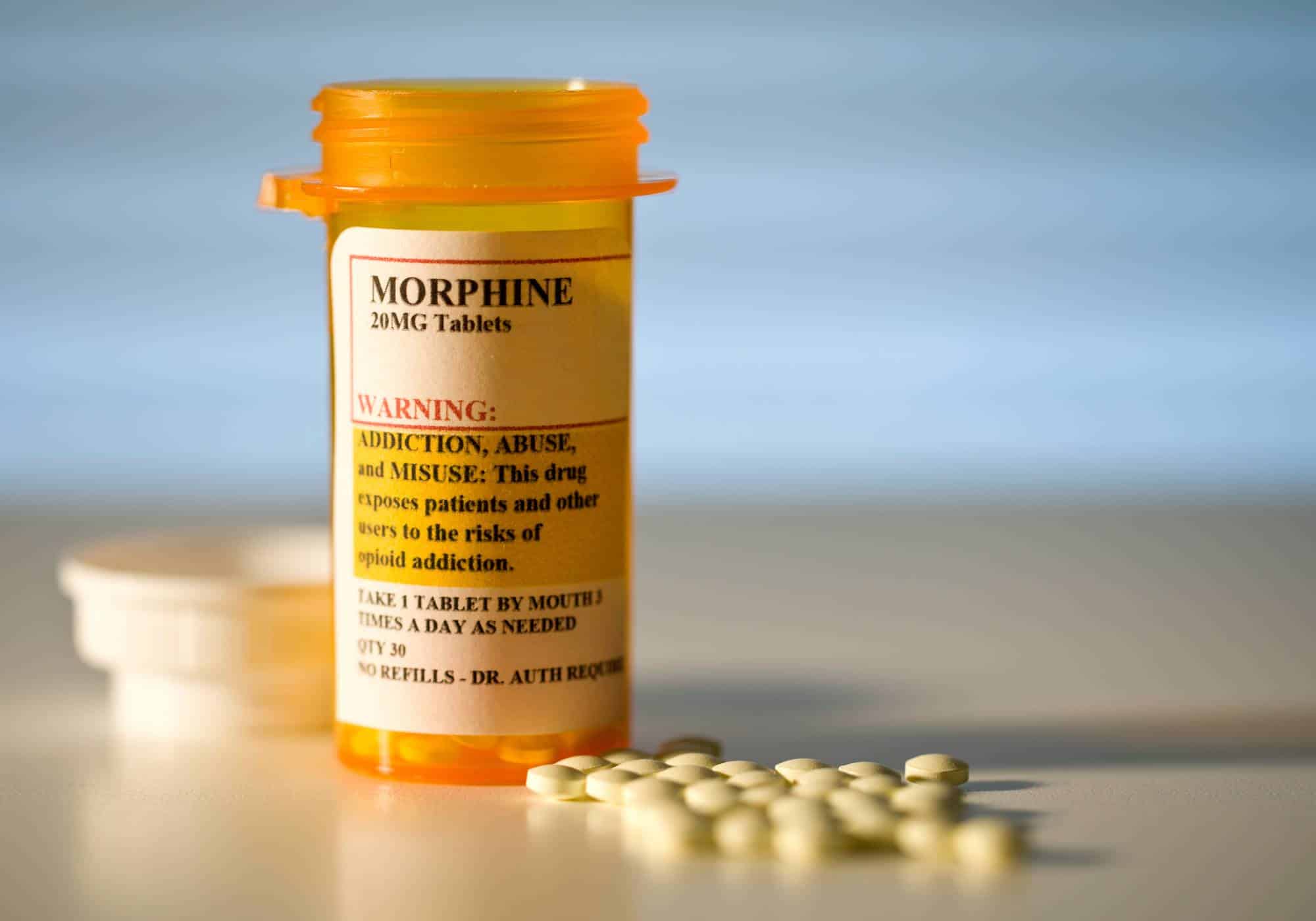Every individual addiction is incredibly unique. Every person will respond differently to different types of treatment. For this reason, it is crucial that you evaluate what programs are offered as substance abuse treatment centers in Georgia.
Once you have evaluated what different programs are offered, you will be in a better position to choose the facility that is right for you.
Detoxification Programs
Detoxification, or detox, is usually the first step a person will undergo before entering into substance abuse treatment centers in Georgia. This process involves allowing the patient’s body to clear itself of any dangerous substances. During this phase, patients often experience physical and mental discomfort. Selecting a facility to allow you to detox is important. You will have a staff overlooking the process to ensure you experience no life-threatening complications.
Inpatient Treatment Programs
Most substance abuse treatment centers in Georgia offer inpatient treatment options. This type of program, also referred to as residential addiction recovery, generally requires a person to remain inside the facility to receive care. Most inpatient treatments offer therapy for approximately 30 days, 60 days, or a 90-day period. The light and intensity of treatment that a person will undergo at substance abuse treatment centers in Georgia are generally dependent upon their needs. Some factors that will be used during treatment include:
- Medication management
- Individual therapy
- Group therapy
- Detox
- Co-occurring disorder treatment
- Mutual support groups
- Aftercare planning
- Sober living facilities
There are some facilities that are considered to be luxury, which means they provide additional amenities. When reviewing substance abuse treatment centers in Georgia, it is important to understand that the additional amenities do not guarantee a successful recovery. Additionally, facilities that do not provide a luxury stay do not offer less-quality treatment.
Outpatient Treatment Programs
When a person needs flexibility while receiving treatment at substance abuse treatment centers in Georgia, they may find that an outpatient treatment program works best for them.
These programs are specifically designed to allow patients to live outside of the facility. They generally require patients to come to the facility for several hours each week. At outpatient facilities, patients will receive individual or group therapy, detoxification services, addiction therapy, mutual support groups, and even vocational or social services.
Outpatient treatment programs are typically best for individuals who want to continue going to school or working or managing their home while receiving addiction treatment.
Intensive Outpatient Treatment
If a person is struggling with addiction but wants to remain at home throughout the duration of their treatment, an intensive outpatient drug treatment program may be best for them. Substance abuse treatment centers in Georgia offer IOP treatment options for individuals who require more structure and support than those who generally opt for an outpatient treatment program. These programs are designed to be more intensive and require patients to attend for between nine and 20 hours each week.
While undergoing intensive outpatient treatment, patients will participate in educational groups, group counseling, individual counseling, recreational therapy, occupational therapy, family therapy, behavioral therapy, and even medication-assisted treatment. These programs often offer various skill treatment services as well.
Partial Hospitalization Treatment
The next step up from an IOP treatment is the partial hospitalization treatment program. Substance abuse treatment centers in Georgia offer partial hospitalization for people who require intensive therapy at a level that is much higher than an IOP offers. Patients who go through partial hospitalization drug treatment programs will have to spend 20 or more hours at the facility each week.
At this level of care, facilities offer psychological, medical, toxicological, emergency services, and psychiatric services for patients. The ultimate goal is to help make sure that all of the patient’s needs are met throughout the recovery process so that they can have successful sobriety.
Support Groups
Mutual support groups are incredibly beneficial when it comes to helping people maintain a life of sobriety. Some of the most common mutual support groups include AA, narcotics anonymous, twelve-step programs, and other community groups. These groups can be helpful for people who want to seek treatment but desire an alternative method.
Dual Diagnosis Treatment Programs
Reports provided by the National Survey on Drug Use and Health (NSDUH) indicate that approximately 45% of people who struggle with addiction also suffer from some type of co-occurring mental health disorder. This makes it critically important that patients are able to receive treatment for both of their conditions at the same time.
In order to ensure a person is able to break away from their addiction, dual diagnosis treatment programs offered at substance abuse treatment centers in Georgia focus on treating both substance use disorder and co-occurring mental health conditions. Addressing both of these problems simultaneously ensures that patients are able to address both of their conditions at the same time and move forward from both.
Quite often, depression, anxiety, and even trauma influence a person’s decision to turn to substance use. For this reason, addressing both of these problems at the same time can help to ensure that a person does not turn to substance use when they are dealing with the symptoms of their mental health disorder in the future.
Behavioral Therapy Treatment Programs
Patients who struggle with addiction often benefit significantly from undergoing behavioral therapy. Substance abuse treatment centers in Georgia implement various types of therapy to ensure patients are able to get well-rounded care. Some of the most common therapies that patients undergo include:
- Individualized therapy: Individualized therapy enables people struggling with substance use disorder to talk to a trained therapist one on one.
- Group therapy: Group therapy generally involves multiple patients getting together and discussing their addictions. Patients often benefit from group therapy as it provides them with the opportunity to share tips for avoiding triggers and coping with urges.
- Family therapy: this type of therapy is designed to allow family mentors to come in and talk to their loved ones and trained professionals about the addiction, how it affects their lives, and ways in which they will help support their loved ones overcome their addiction.
All of these therapies can be incredibly helpful when it comes to combating addiction and living a healthy life.
Let Hope Harbor Wellness Help You
If you are currently struggling with a substance use disorder, turn to our team at Hope Harbor Wellness. We offer several treatment programs that are designed to help individuals overcome their addictions. Our programs can be individualized to meet your needs moving forward. Contact our team now to get started.












